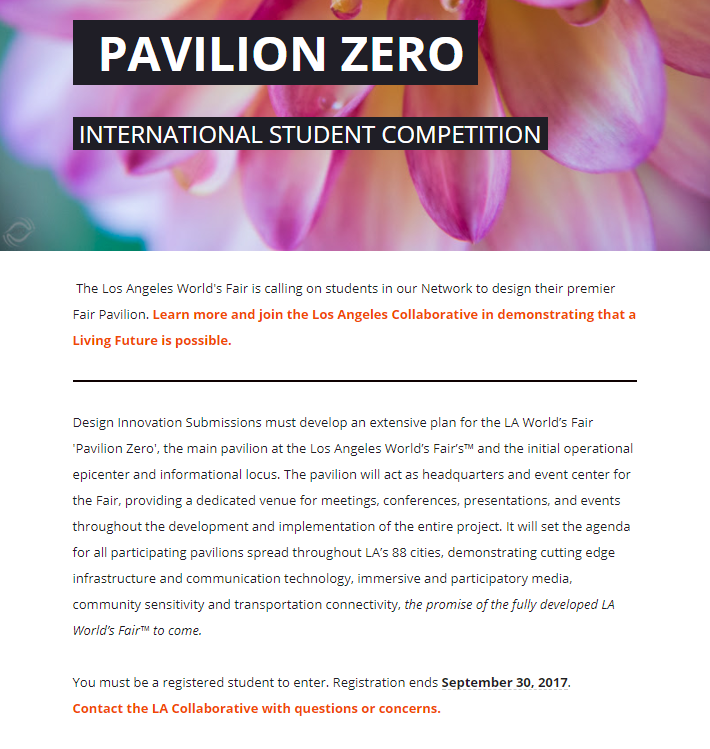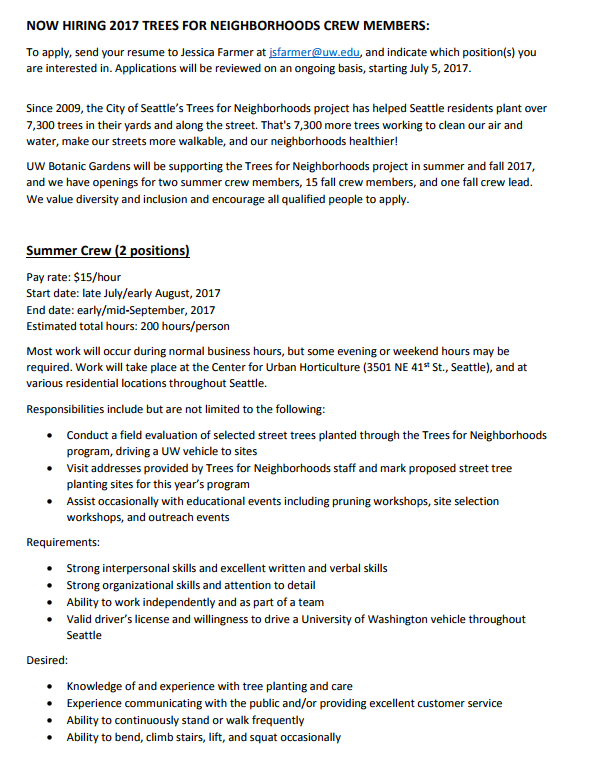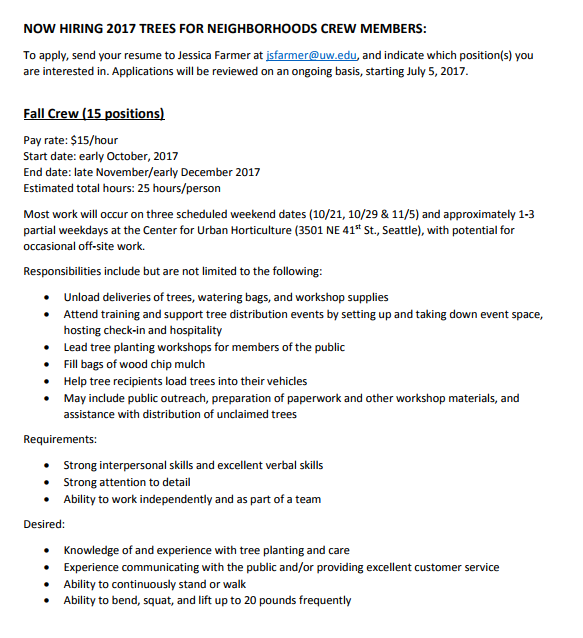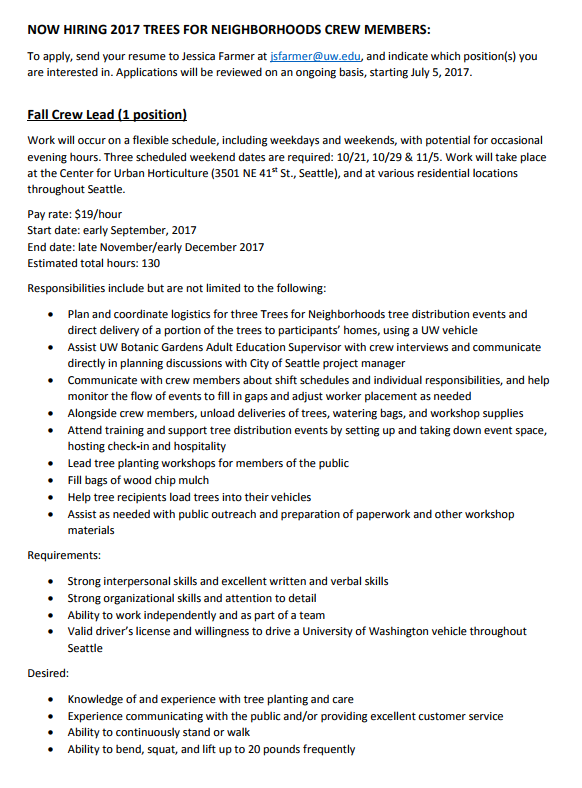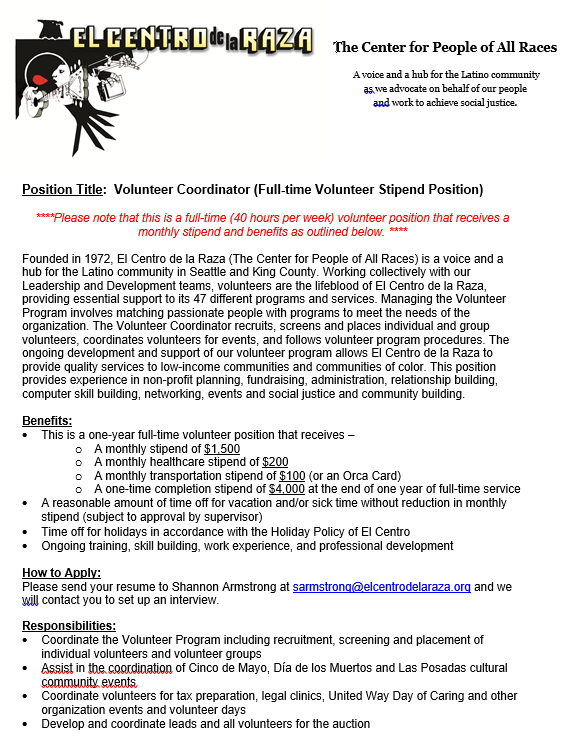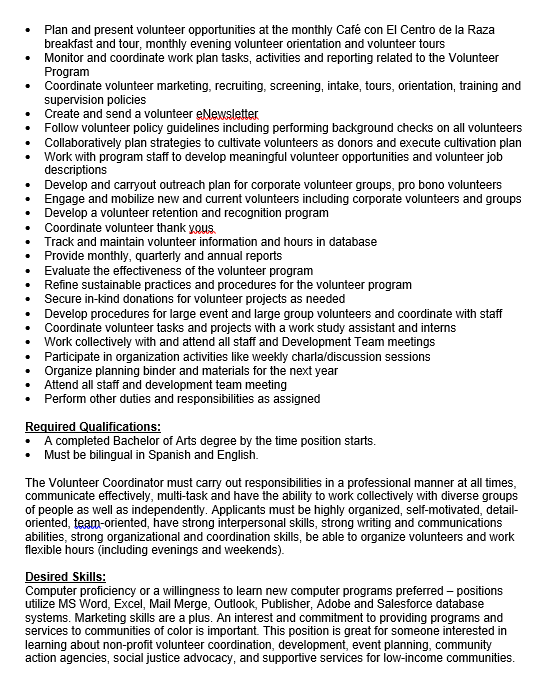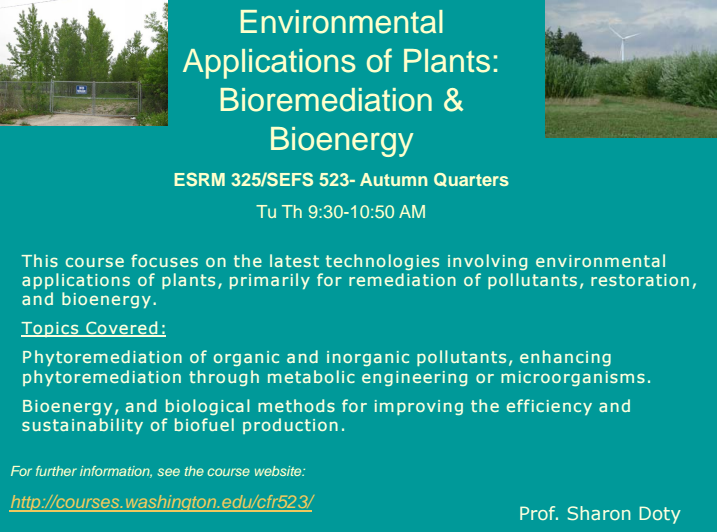
Get to know your candidates!
Seattle will have a new mayor next year, and the built environment of our city is under stress like never before. How do the candidates propose to accommodate the 3,125 new Seattleites who arrive each month while addressing the homelessness crisis? How do they hope to grow our city while preserving the quality of life for all residents? Join us for our quadrennial Built Environment Mayoral Candidates Forum to learn more about the candidates and their views on these and other issues.
Confirmed Candidates:
Moderated by:
Brian Callanan, a broadcast journalist, Emmy award winner, and host of the Seattle Channel’s public affairs programs – City Inside/Out, City Inside/Out: Council Edition, and Ask the Mayor.
Hosted by:
When: Monday, July 17, 2017
Location: Seattle Central Library, 1000 4th Ave., Seattle
Time: 8:30-10:00 am
This event is free and open to the public, RSVP by Friday, July 14.
Social Media sharing: Feel free to share this event with your networks on social media! Use the hashtag #BEMayoralForum.


